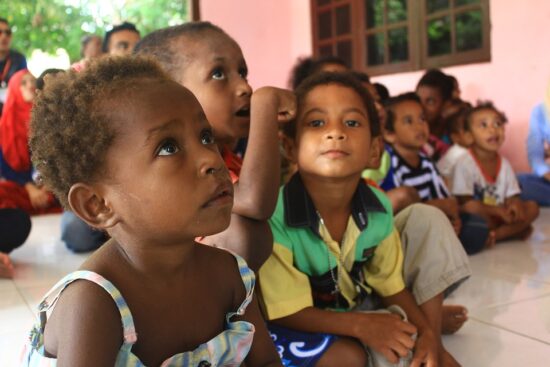Comeback of drug-resistant neglected tropical disease tracked through genomic surveillance
Genome sequencing has shed light on the re-emergence of the bacterium that causes yaws, a neglected tropical disease of the skin, bones and joints. The re-emergence followed a mass drug administration (MDA) campaign that aimed to eliminate the disease in Papua New Guinea.
Researchers at the Wellcome Sanger Institute, the London School of Hygiene & Tropical Medicine, the Fight Aids and Infections Disease Foundation, Spain, the University of Washington and the University of Papua New Guinea, report their findings today in Lancet Microbe. The results will influence the global elimination strategy for this disease.
Yaws, caused by the bacterium Treponema pallidum subspecies pertenue (TPP), can cause chronic disfigurement and disability. Most commonly affecting children, infection with the bacteria results in stigmatising and debilitating ulcers. Despite global efforts, yaws remains common in tropical areas in some of the world’s poorest countries, affecting millions of people*. The World Health Organisation (WHO) is currently carrying out campaigns to eradicate yaws using Mass Drug Administration (MDA) of the antibiotic, azithromycin.
AMR NEWS
Your Biweekly Source for Global AMR Insights!
Stay informed with the essential newsletter that brings together all the latest One Health news on antimicrobial resistance. Delivered straight to your inbox every two weeks, AMR NEWS provides a curated selection of international insights, key publications, and the latest updates in the fight against AMR.
Don’t miss out on staying ahead in the global AMR movement—subscribe now!







